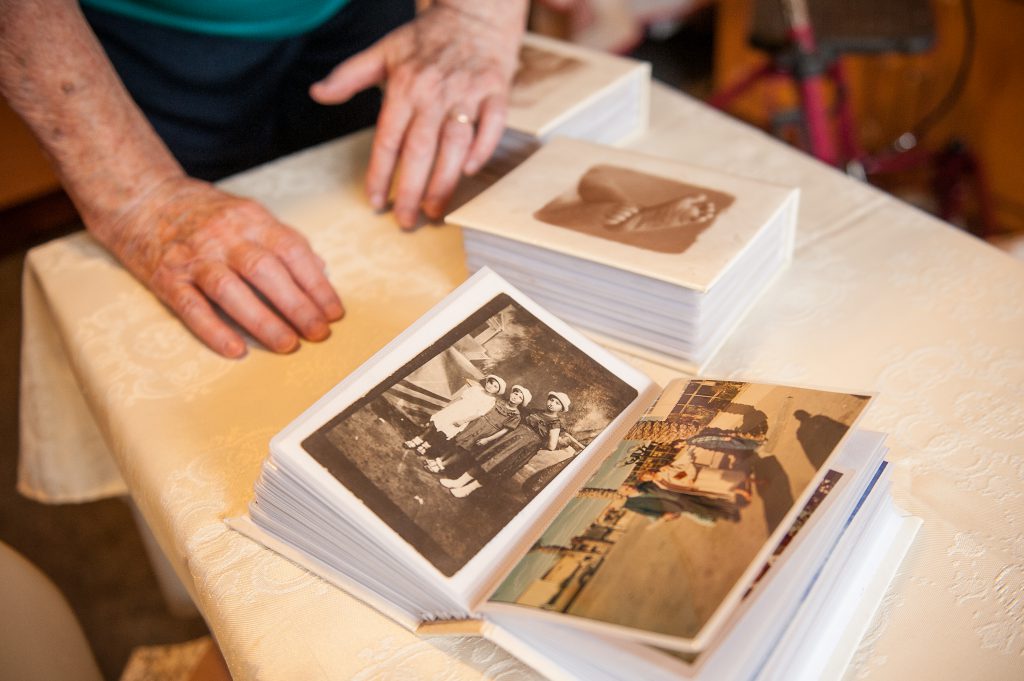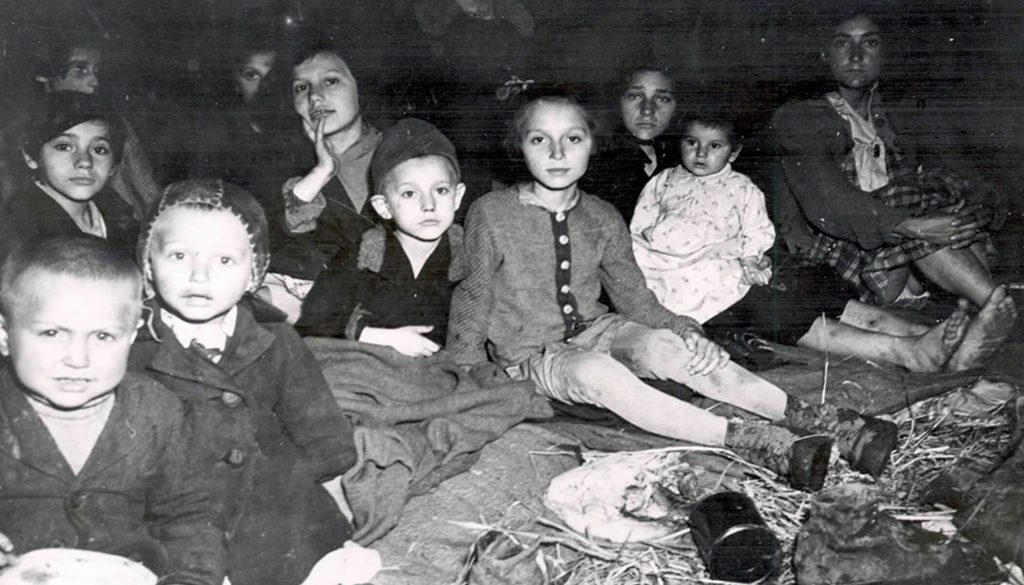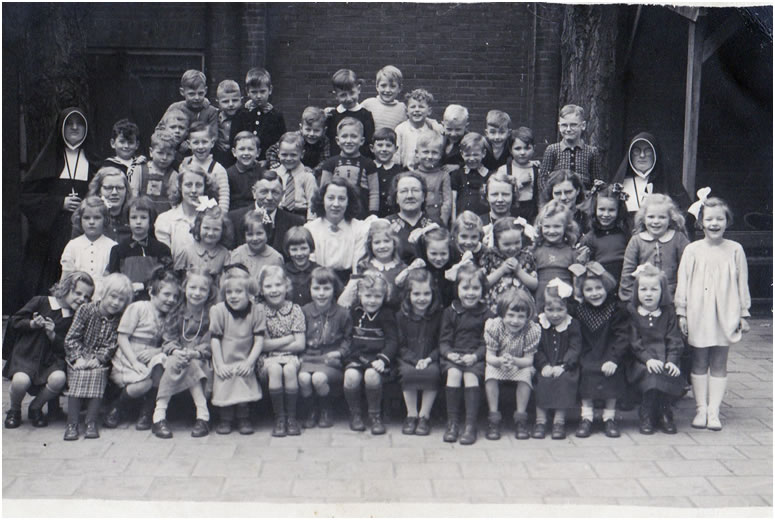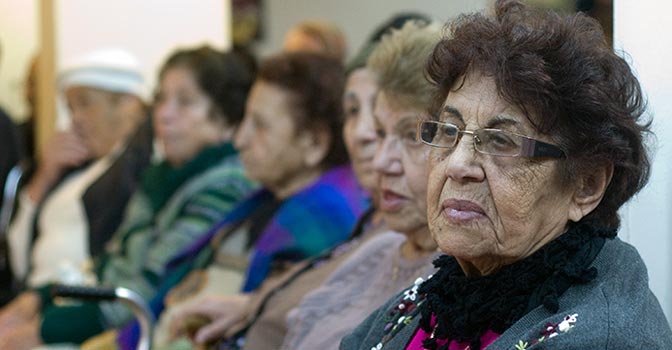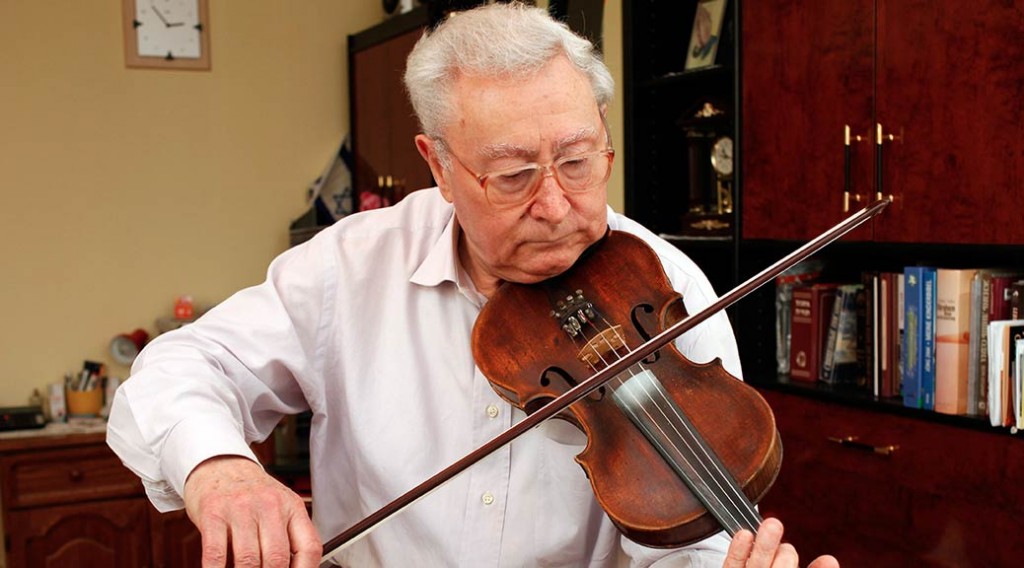By Dr. Eva Fogelman, Ph.D. If you are a Holocaust survivor with a grandchild and you seek to fulfill the awesome responsibility of perpetuating the memory of The Six Million, you face a great conflict and challenge. You cannot only discuss the Holocaust in the abstract but, rather, you need to share the experiences you…
Tag: child survivors
By Philipp Sonntag On 13 April 2001, the Association of Child Survivors in Germany (Child Survivors Deutschland, CSD) was established, nearly fifty-five years after the end of the Holocaust. The group, initially modest in its aims, soon became an invaluable new organization, which served as a kind of “surrogate family,” for many survivors. It offered…
By Robert Krell M.D. July 27, 2016 I am a child Holocaust survivor and must, therefore, begin with my own origins, including my struggle to develop what can only be described as a rudimentary connection to Judaism. Having been born in 1940 in German-occupied Holland, and already in hiding by mid-1942, I entered the war…
Goodnight, Irene… Welcome Home! Transforming Relational Trauma in a Residential Setting By George Halasz, Magalí Kaplan, Rod Myer “And so I learnt that the poet is a pulse in the rhythmic flow of generations.” – Octavio Paz, In Search of the Present (1990 Nobel Lecture, p. 22, San Diego Harvest) Introduction It is often said…
In Their Own Words: Survivor Wartime and Late Life Coping Styles By Nancy Isserman, Bea Hollander-Goldfein and S. Nechama Horwitz The coping literature is quite extensive with hundreds of published articles examining coping strategies. More specifically, the field of Holocaust studies has also examined coping. Most studies have looked at coping using quantitative instruments. Some combine…
Aging Child Survivors
Aging of Child Holocaust Survivors By Yoram Barak, MD, MHA Introduction Numerous studies focus on the influence of Holocaust experiences on child survivors more than 60 years after the Holocaust. Our own treatment and research group investigated issues as diverse as development of dementia, suicide and psychiatric services used by survivors (Ohanna, Golander, & Barak, 2011;…
The Resiliency of the Survivor: Views of a Child Holocaust Survivor/Psychiatrist A presentation given at the Pike Conference on “The Holocaust and Its Legacy: Resiliency, Fragility and Restitution of Survivors,” Sunday October 23, 2011 at Hillel House, Boston University. By Dr. Robert Krell May 5, 1945 is indelibly etched into my memory. I was not…
Music Therapy
Music Therapy To Sever the Silence of a Childhood Holocaust Survivor By Amy Clements-Cortes Ph.D, MusM, MTA Introducing Manya Manya was a 72-year-old female widow, with one son, Peter, married to Belinda. Manya was a childhood survivor of the Holocaust who was hidden during the war and separated from her mother for several years.…
Early Trauma and Resilience
Theory Through the Eyes of Child Survivors of the Holocaust By Svetlana Shklarov MD, Ph.D, RSW Somehow, we children who were meant to die, have lived. We have survived even our survival. And in our various stages of continued hiding many have carved out substantive lives with careers and family. And some have even broken…
Identity and Resilience After Long Silence By Svetlana Shklarov MD, Ph.D, RSW Russian Jews have learned to overcome their fear, know how to make their silence heard as a means of action; theirs is a courage of defiance. … Desperate, you? Your capacity for hope does not date from today. Feeble, you? You have more…

